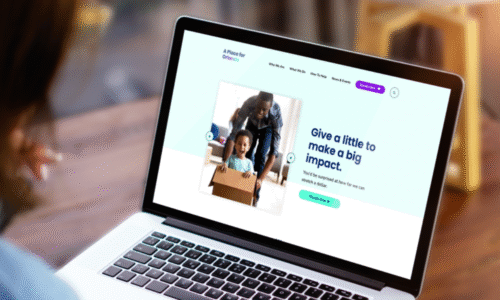How to Strengthen Your Developer-Client Relationship
- programmernik
- 0 Comments
A strong Developer-Client Relationship isn’t just a “nice to have”—it’s the backbone of successful projects. When there’s mutual trust, transparency, and consistent collaboration, even complex builds can move faster, cost less, and exceed expectations.
Let’s explore what really makes this relationship work, backed by real examples and practical tips you can apply right away.
1. Clear Communication from Day One
Think of communication as the foundation of the relationship. When expectations, timelines, and goals are clearly outlined from the start, misunderstandings are minimized.
Example:
When Basecamp, a popular project management tool, was in its early development phase, the client-developer team used a shared, visual communication board and daily check-ins to stay aligned. This proactive communication helped them release a lean and successful MVP in just 4 months.
2. Mutual Respect and Transparency
Clients must trust their developers to make the right technical calls. Developers, in turn, should respect business constraints. Openness about budgets, limitations, and possibilities prevents surprises.
Real-world insight:
A tech startup in Berlin partnered with a freelance developer who insisted on weekly updates and shared budget breakdowns. The client appreciated the openness and ended up bringing the freelancer on as a full-time CTO six months later.
3. Defined Roles and Responsibilities
Avoid confusion by making sure everyone knows who handles what. This may sound basic, but blurred roles can cause major delays.
4 .Feedback Loops that Actually Work
Ongoing feedback, not just at the end, is critical. But feedback should be structured and respectful—not vague like “make it better.”
Real-world tip:
Agencies like Thoughtbot schedule bi-weekly demo sessions where clients see working features and provide feedback in real time. This keeps the project agile and avoids surprises.
5. Shared Success Metrics
Great websites are built iteratively. Small check-ins or feedback sessions during development help keep everyone on track.
Pro tip for developers: Show work-in-progress updates.
Pro tip for clients: Give specific feedback (“Can we make this CTA button larger?” is better than “It doesn’t feel right.”)
Final Thoughts: It’s a Partnership, Not a Transaction
The most successful projects are built on relationships, not just contracts. A strong Developer-Client Relationship encourages innovation, shortens timelines, and ultimately drives better business outcomes.
If you’re planning a project and want a team that prioritizes clear communication, transparency, and partnership—get in touch with us.
Related Posts

- programmernik
- June 5, 2025
Why You Need a Website Quote Request Form
Make it easy for potential customers to reach you. Learn why accepting inquiries and quotes dir ..

- programmernik
- May 9, 2025
Website Costs in 2025? Here’s What No One Tells You
Planning to build a website in 2025? This guide breaks down the real costs for business owners ..

- programmernik
- June 4, 2025
How Virtual Tours Can Boost Travel Bookings in 2025
Discover how direct bookings on your hotel website can increase revenue, build stronger custome ..

